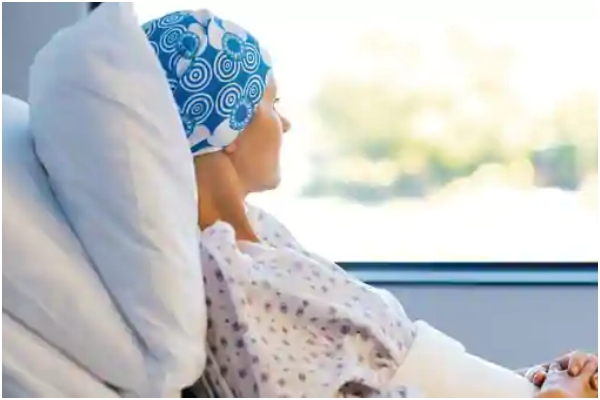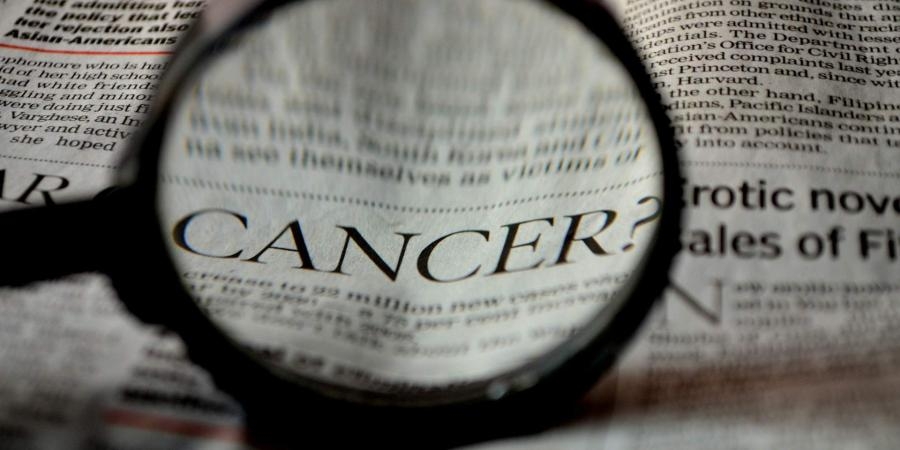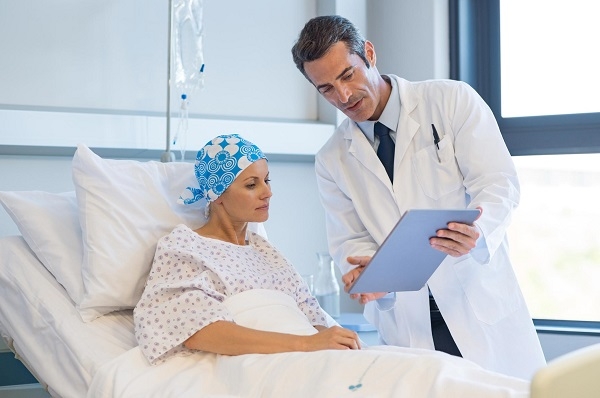World Cancer Day- Together, all our actions matter!
04 Feb 2021 11:14:15
10 million people die of this every year.. Though at least one third of this disease is preventable, it is the second-leading cause of death worldwide..!
Yes, its Cancer we are talking about!
In a healthy body, the trillions of cells it’s made of grow and divide, as the body needs them to function daily. Healthy cells have a specific life cycle, reproducing and dying off in a way that is determined by the type of cell. New cells take the place of old or damaged cells as they die. Cancer, the menacing disease disrupts this process and leads to abnormal growth in cells. Let's get into more details on World Cancer Day, February 04-

Understanding Cancer-
Cancer is a disease which occurs when changes in a group of normal cells within the body lead to uncontrolled, abnormal growth forming a lump called a tumour; this is true of all cancers except leukaemia (cancer of the blood). If left untreated, tumours grow and spread into the surrounding normal tissue, or to other parts of the body via the bloodstream and lymphatic systems, and affect the digestive, nervous and circulatory systems or release hormones that may affect body function.
Cancer can be classified according to the type of cell they start from. There are five main types:
Carcinoma – A cancer that arises from the epithelial cells (the lining of cells that helps protect or enclose organs). Carcinomas may invade the surrounding tissues and organs and metastasise to the lymph nodes and other areas of the body. The most common forms of cancer in this group are breast, prostate, lung and colon cancer
Sarcoma – A type of malignant tumour of the bone or soft tissue (fat, muscle, blood vessels, nerves and other connective tissues that support and surround organs). The most common forms of sarcoma are leiomyosarcoma, liposarcoma and osteosarcoma
Lymphoma and Myeloma – Lymphoma and Myeloma are cancers that begin in the cells of the immune system. Lymphoma is a cancer of the lymphatic system, which runs all through the body, and can therefore occur anywhere. Myeloma (or multiple myeloma) starts in the plasma cells, a type of white blood cell that produces antibodies to help fight infection. This cancer can affect the cell's ability to produce antibodies effectively

Leukaemia – Leukaemia is a cancer of the white blood cells and bone marrow, the tissue that forms blood cells. There are several subtypes; common are lymphocytic leukaemia and chronic lymphocytic leukaemia
Brain and spinal cord cancers – these are known as central nervous system cancers. Some are benign while others can grow and spread.
Non-modifiable risk factors-
Cancers can be caused by a number of different factors and, as with many other illnesses, most cancers are the result of exposure to a number of different causal factors. It is important to remember that, while some factors cannot be modified, around one third of cancer cases can be prevented by reducing behavioural and dietary risks.
Age – Many types of cancer become more prevalent with age. The longer people live, the more exposure there is to carcinogens and the more time there is for genetic changes or mutations to occur within their cells.
Cancer-causing substances (carcinogens) – are substances which change how a cell behaves, increasing the chances of developing cancer. Genes are the coded messages inside a cell that tell it how to behave (i.e. which proteins to make), mutations or changes to the gene, such as damage or loss, can alter how that cell behaves making it more likely to be cancerous
Genetics – Some people are unfortunately born with a genetically inherited high risk for a specific cancer ('genetic predisposition). This does not mean developing cancer is guaranteed, but a genetic predisposition makes the disease more likely. For example, women that carry the BRCA 1 and BRCA 2 breast cancer genes have a higher predisposition to developing this form of cancer than women with a normal breast cancer risk. However, less than 5% of all breast cancer is known to be due to genes. So, although women with one of these genes are individually more likely to develop breast cancer, most cases are not caused by a high risk inherited gene fault. This is true of other common cancers where some people have a genetic predisposition - for example, colon (large bowel) cancer.
The immune system – People who have weakened immune systems are more at risk of developing some types of cancer. This includes people who have had organ transplants and take drugs to suppress their immune systems to stop organ rejection, plus people who have HIV or AIDS, or other medical conditions which reduce their immunity to disease.

Survivorship in this case focuses on health and the physical, psychological, social and economic issues affecting people after the end of the primary treatment for cancer, including people who have no disease after finishing treatment, people who continue to receive treatment to reduce the risk of the cancer coming back and people with well controlled disease and few symptoms, who receive treatment to manage cancer as a chronic disease. The care includes issues related to follow-up care, the management of late side-effects of treatment, the improvement of quality of life and psychological and emotional health. Survivorship care includes also future anticancer treatment where applicable. Family members, friends and caregivers should also be considered as part of the survivorship experience.
After all they say, you never know how strong you are until being strong is the only choice you have! If you are one of the long sufferers, we must strenght you as you are allowed to scream, you are allowed to cry, also are you allowed to hurt others but not give up on yourself and your life!
.
.
